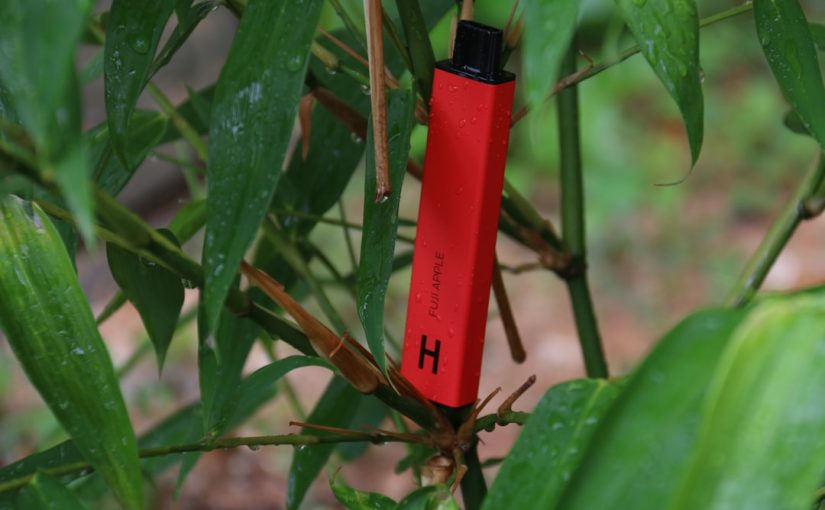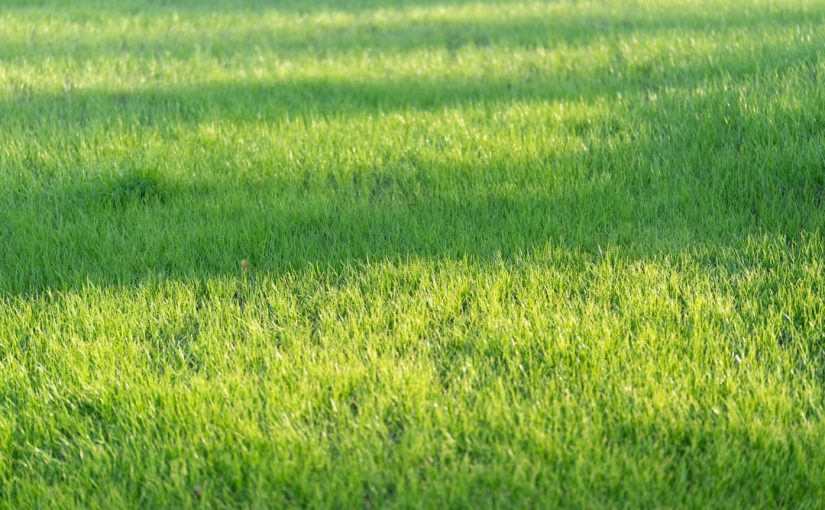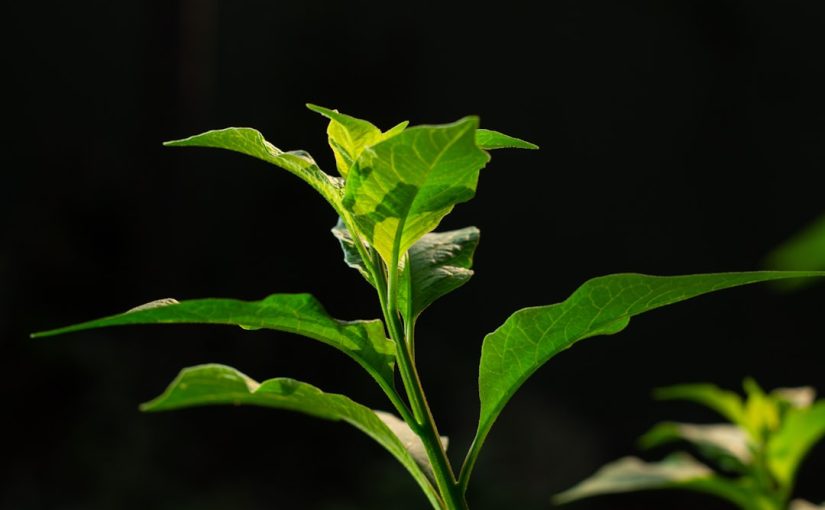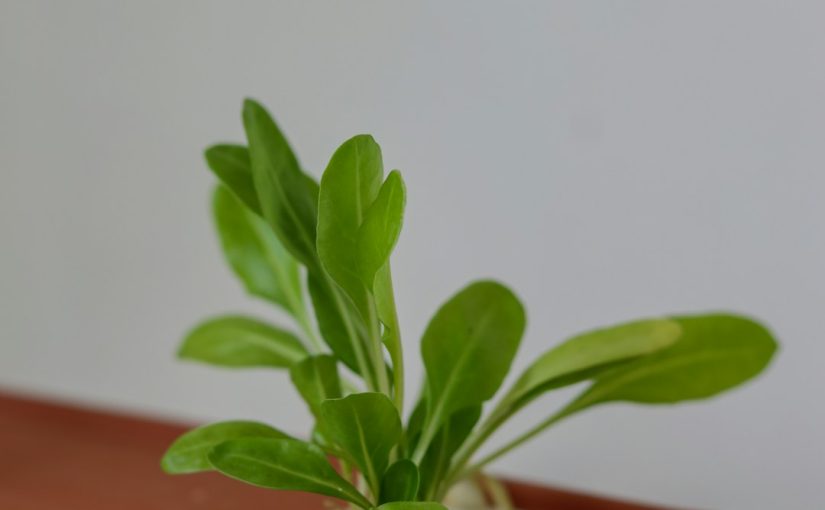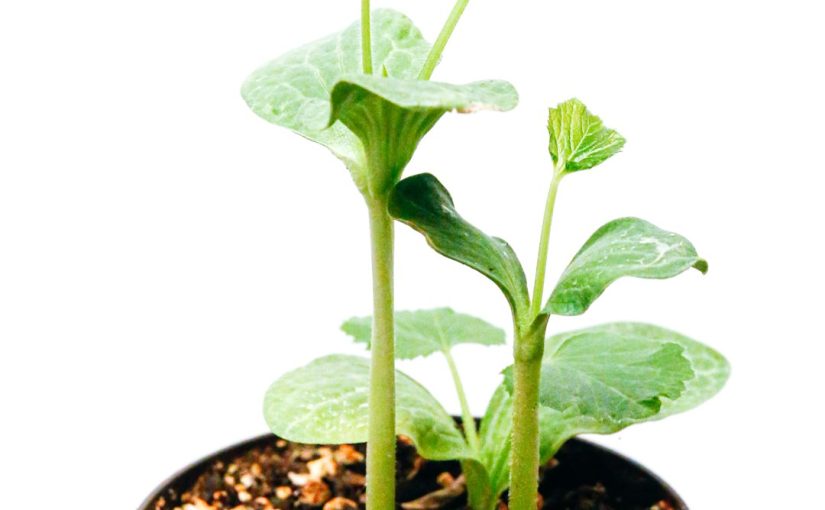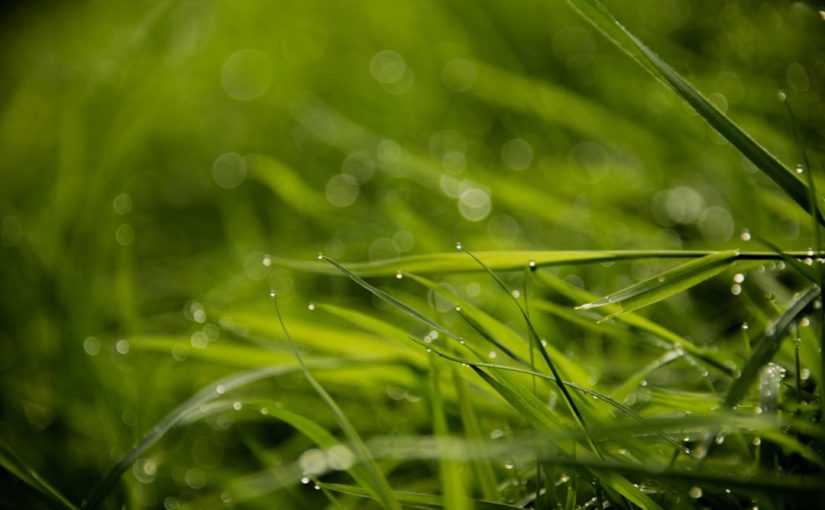Hibiscus plants, with their vibrant, showy blooms, are a true jewel in any garden or landscape. However, the allure of these tropical beauties often attracts more than just admiring glances; they are unfortunately susceptible to a variety of common pests that can quickly diminish their health and aesthetic appeal. From sap-sucking aphids to destructive spider mites, keeping hibiscus thriving often requires proactive pest management. When cultural and biological controls aren’t enough, understanding the appropriate and approved insecticidal treatments becomes crucial. This article will delve into the types of insecticides sanctioned for use on hibiscus, exploring their active ingredients, methods of action, and how to apply them safely and effectively to protect your prized plants.… Read the rest
分类: Plant
How to Keep Frogs Out of the Hot Tub
How to keep frogs out of the hot tub: A comprehensive guide
There’s nothing quite like sinking into a warm, bubbling hot tub after a long day. That serene experience can quickly turn into a startling surprise, however, when you discover an unexpected guest—a frog—sharing your relaxation space. While seemingly harmless, frogs in your hot tub pose risks for both the amphibian, which can be harmed by chemicals, and for you, as they can introduce debris or simply cause an unpleasant encounter. This guide will delve into effective, humane strategies to deter these little jumpers, ensuring your hot tub remains a pristine sanctuary.… Read the rest
How to Replace the Upper Drive Belt on a 42-Inch Troy-Bilt Mower
A well-maintained lawn mower is essential for a pristine yard, and at the heart of its mobility is the drive belt system. For owners of a 42-inch Troy-Bilt mower, understanding how to replace the upper drive belt is a crucial skill that can save both time and money. This component transmits power from the engine to the transaxle, dictating whether your mower moves forward or backward effectively. Over time, belts can stretch, crack, or even break, leading to a loss of drive. Tackling this repair yourself is a rewarding DIY project that ensures your equipment remains in top working condition. This guide will walk you through each step, from initial safety precautions to final testing, empowering you to restore your mower’s full functionality with confidence and precision.… Read the rest
How to Grow Red Tip Photinia Fast
The Red Tip Photinia, Photinia x fraseri, is a beloved shrub, highly valued by homeowners and landscapers for its striking crimson new growth and dense evergreen foliage. It forms an excellent privacy screen or hedge, bringing vibrant color and structure to any garden. However, one common desire among those planting this beautiful shrub is to achieve rapid growth, transforming young plants into a lush, mature screen as quickly as possible. Understanding the specific cultural requirements and growth habits of Red Tip Photinia is key to unlocking its full growth potential. This article will delve into practical, effective strategies to accelerate the development of your Red Tip Photinia, ensuring it thrives and reaches its desired size efficiently.… Read the rest
How to Propagate Dappled Willow
The dappled willow, known botanically as Salix integra ‘Hakuro-nishiki’, is a truly enchanting shrub that adds a burst of delicate color and fine texture to any garden. Its striking variegated foliage, featuring splashes of white, pink, and green, along with vibrant red stems in winter, makes it a highly sought-after ornamental plant. If you’ve ever admired its graceful arching branches and thought about expanding your collection or sharing its beauty with others, you’re in luck. Propagating dappled willow is surprisingly straightforward, offering a rewarding way to multiply this stunning specimen without significant cost. This guide will walk you through the simple yet effective techniques to successfully grow new dappled willow plants from cuttings, ensuring your garden can enjoy more of its unique charm.… Read the rest
How to Fix a 2-Stroke Weed Eater With No Spark
<p>Few things are as frustrating for a homeowner or landscaper as a trusty 2-stroke weed eater that suddenly refuses to start. Even more perplexing is when you crank it over and realize there’s absolutely no spark. This issue points directly to a problem within the ignition system, the heart of any combustion engine. While it might seem daunting, troubleshooting a no-spark condition on your weed eater is a systematic process that most DIY enthusiasts can tackle with a few basic tools and a bit of patience. This article will guide you through the essential steps, from the most common culprits like a fouled spark plug to more intricate electrical components, ensuring you can diagnose and fix your weed eater and get back to maintaining your yard.</p>… Read the rest
The Advantages of Polyploidy in Plants
The advantages of polyploidy in plants
Polyploidy, a fascinating biological phenomenon characterized by the presence of more than two complete sets of chromosomes in an organism’s cells, plays a profoundly significant role in plant evolution and diversification. Far from being a mere genetic anomaly, this multiplication of entire chromosome sets often confers distinct evolutionary and physiological advantages, shaping plant genomes and influencing their adaptive capabilities across diverse environments. Understanding these benefits is crucial for appreciating the remarkable resilience and adaptability of the plant kingdom, as well as for harnessing its potential in agricultural innovation. This article will delve into the primary advantages that polyploidy bestows upon plants, from enhanced vigor to novel trait development and increased environmental resilience.… Read the rest
How to Atomize Water With Pressure
The ability to transform a bulk liquid into a fine mist of tiny droplets is a fascinating process with widespread industrial and practical applications. This transformation, known as atomization, often relies on a fundamental principle: pressure. From humidifying large spaces to finely distributing agricultural chemicals, or even optimizing combustion in engines, understanding how to atomize water with pressure is key to unlocking efficiency and precision. This article will delve into the physics behind pressure atomization, explore the critical components involved, and highlight its diverse applications, providing a comprehensive guide to mastering this essential fluid dynamics technique.
Understanding the fundamentals of atomization
Atomization, at its core, is the process of breaking a liquid stream into a spray of discrete, small droplets.… Read the rest
Mower Mulching: Wet Leaves vs. Dry Leaves
As autumn arrives, bringing with it a vibrant display of foliage, homeowners and garden enthusiasts often face the annual task of managing fallen leaves. While the traditional rake and bag approach is familiar, an increasingly popular and environmentally friendly method is mulching—using your lawn mower to shred leaves directly into tiny pieces. This process returns valuable nutrients to the soil, suppresses weeds, and eliminates the need for leaf disposal. However, a common question arises regarding the effectiveness and ease of mulching based on moisture levels: what’s the difference when tackling a carpet of dry, crisp leaves versus a heavy, damp layer after a rain shower?… Read the rest
The Disadvantages of Using Manure in the Garden
Manure has long been hailed as a gardener’s secret weapon, a time-tested organic amendment promising richer soil and bountiful harvests. Its reputation for improving soil structure and supplying essential nutrients often overshadows a less discussed, yet equally critical, aspect of its use. While the benefits are undeniable when applied correctly, a closer look reveals a spectrum of potential drawbacks that can range from mild inconveniences to significant ecological concerns. Understanding these disadvantages is crucial for any gardener aiming for sustainable, healthy growth without inadvertently harming their plants, soil, or the wider environment. This article will delve into the often-overlooked downsides of incorporating manure into your gardening practices.… Read the rest
